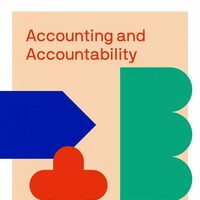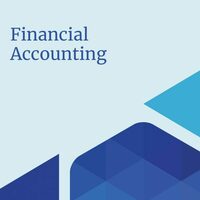Search
Books+
Searching 1,730 books
Search related to the career Auditor
Qualifications to Become an Auditor:
1. Education: A bachelor's degree in accounting, finance, or a related field is typically required to become an auditor. Some employers may prefer candidates with a master's degree in accounting or a relevant discipline.
2. Professional Certification: Obtaining a professional certification can enhance your credibility and job prospects as an auditor. The most recognized certification for auditors is the Certified Public Accountant (CPA) designation. Other relevant certifications include Certified Internal Auditor (CIA), Certified Information Systems Auditor (CISA), and Certified Fraud Examiner (CFE).
3. Knowledge and Skills: Auditors need a strong understanding of accounting principles, financial reporting standards, and auditing procedures. They should possess analytical skills, attention to detail, and the ability to interpret complex financial data. Excellent communication and interpersonal skills are also important for effectively communicating audit findings and building relationships with clients.
4. Experience: Many auditor positions require prior experience in accounting or auditing. Entry-level auditors may start their careers in public accounting firms, government agencies, or internal audit departments of organizations. Gaining relevant experience through internships or entry-level positions can be beneficial.
5. Regulatory Knowledge: Auditors must stay up-to-date with the latest regulations and standards in the field of auditing. Familiarity with auditing standards such as Generally Accepted Auditing Standards (GAAS) and International Standards on Auditing (ISA) is essential.
6. Ethical Standards: Auditors are expected to adhere to high ethical standards and maintain independence and objectivity in their work. They should have a strong sense of professional integrity and be able to exercise professional skepticism.
7. Continuous Learning: As auditing practices and regulations evolve, auditors must engage in continuous learning to stay current in their field. This may involve attending professional development courses, seminars, or conferences.
8. Technology Skills: With the increasing use of technology in auditing, proficiency in using auditing software and data analysis tools is becoming more important. Auditors should be comfortable working with spreadsheets, databases, and specialized auditing software.
Please note that specific qualifications may vary depending on the country, employer, and type of auditing role.
Source: Various AI tools
Accounting
Books tagged accounting
Searched in English.















